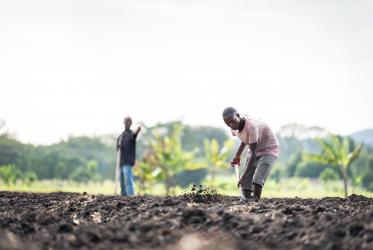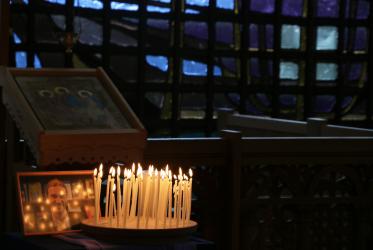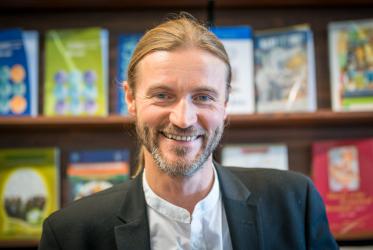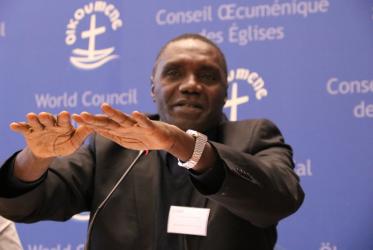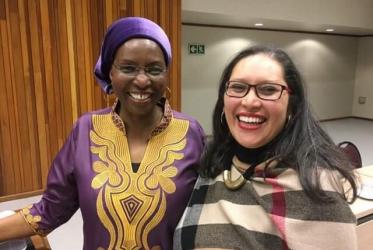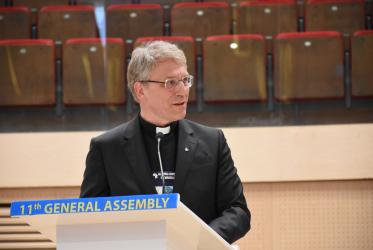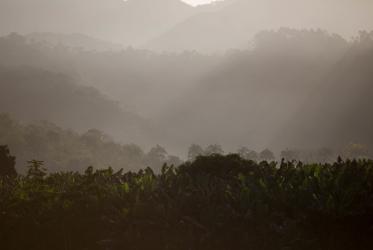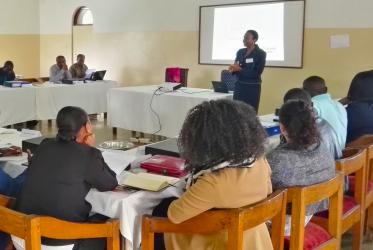Displaying 1 - 20 of 41
WCC condemns massacre of farmers in Philippines
12 April 2019
WCC mourns lost staff member in Ethiopian Airlines crash
11 March 2019
Agreement works toward food security in South Sudan
23 February 2019
WCC moderator speaks at Justice Conference in Norway
09 November 2018
Tveit to ACT Assembly: with hope, churches can act together
29 October 2018
WCC promotes Global Day of Prayer to End Famine
06 June 2018
Protect the Amazon, urges WCC statement
22 November 2017
African youth takes stand at first ever WCC Eco-School
03 August 2017

